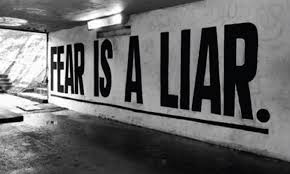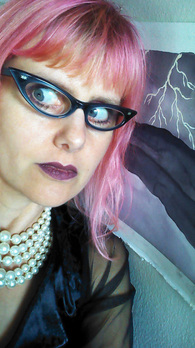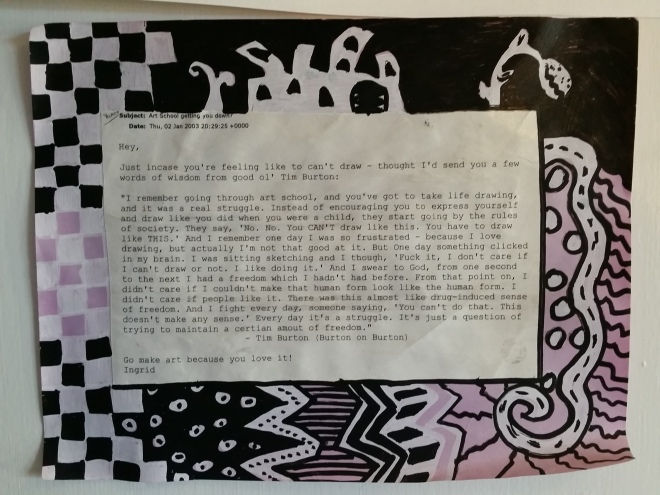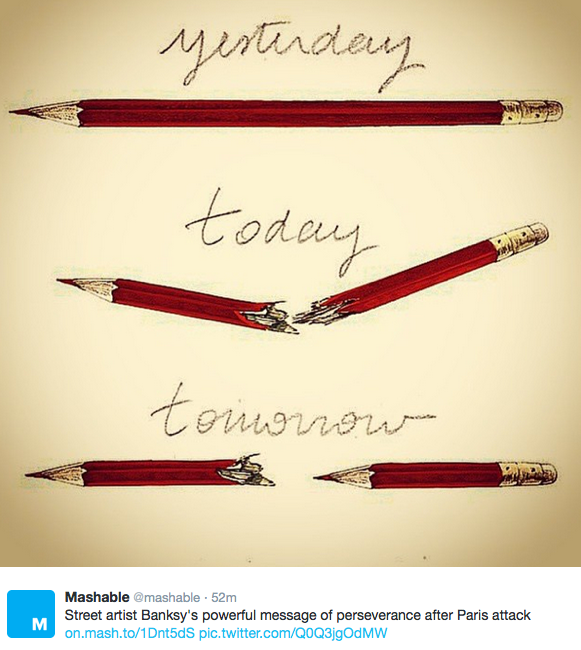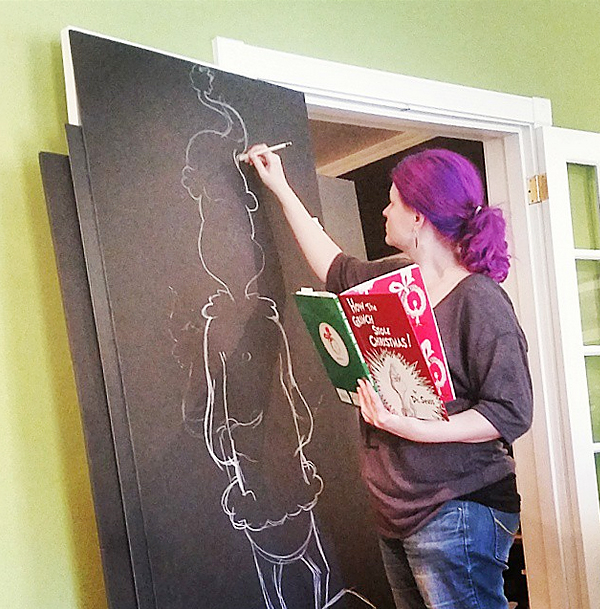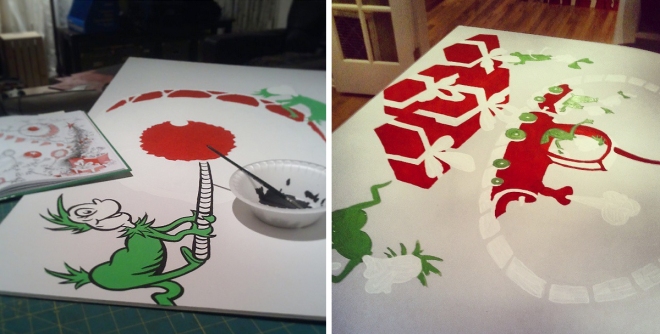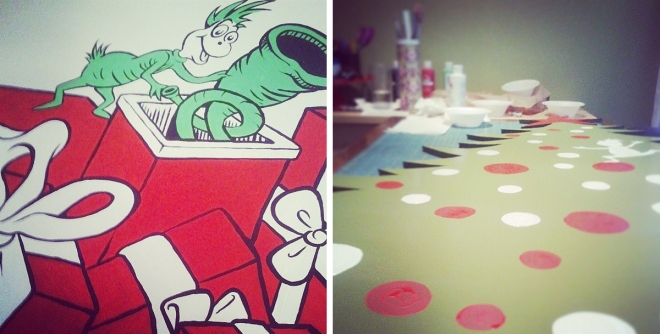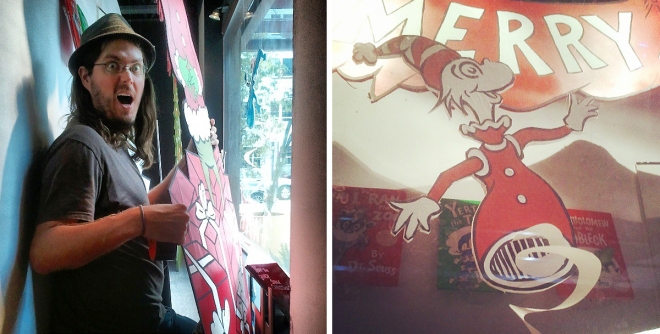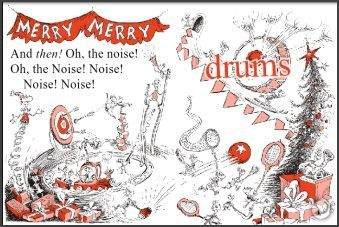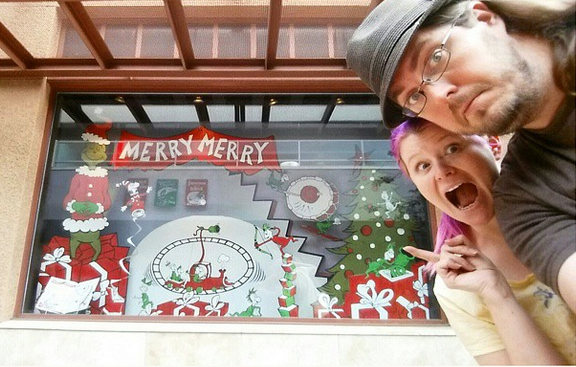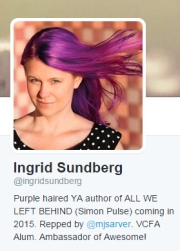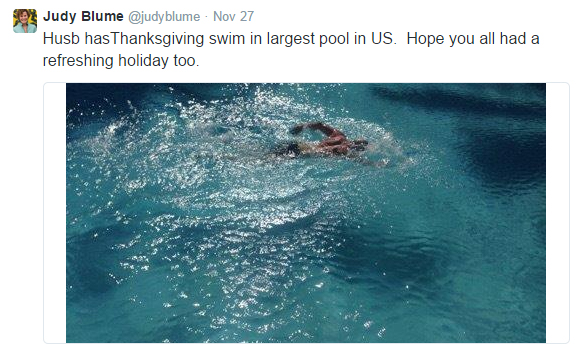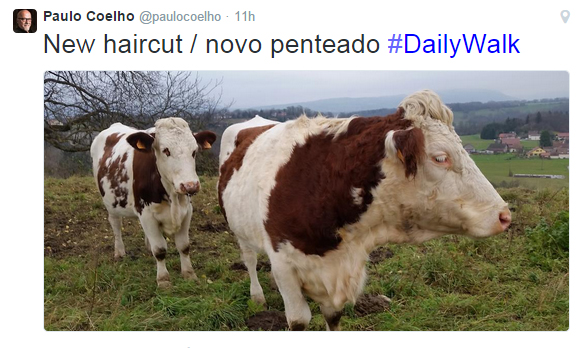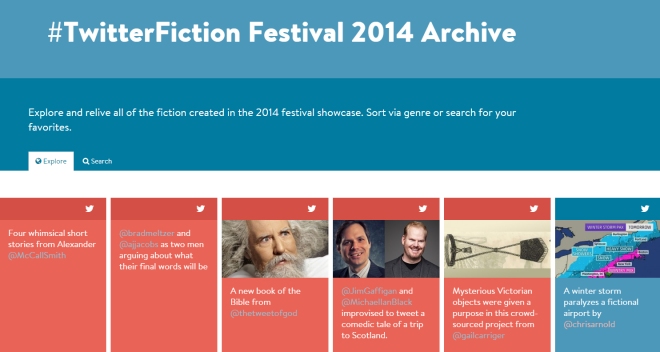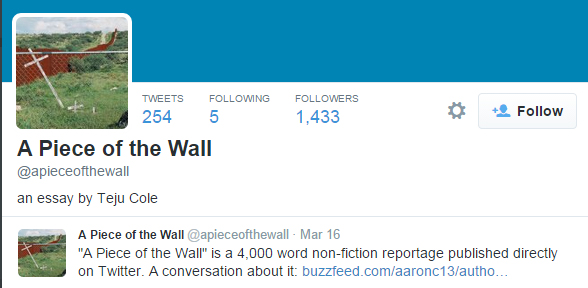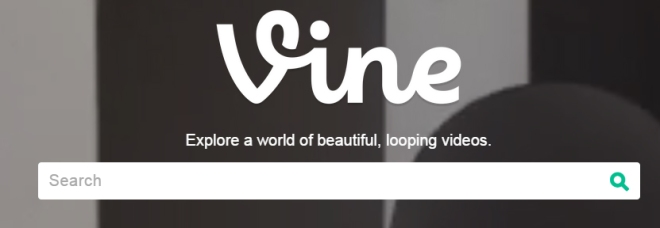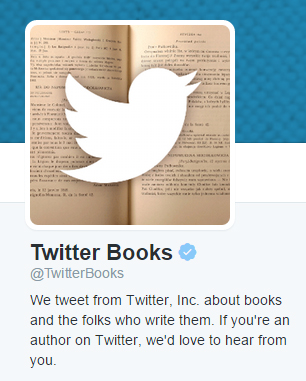One of my major writing philosophies is that there will always be work to be done.
 Quite a few years ago, I started to look at the work of writing as a necessity. As a fact. I realized I had to accept that there will always be a ton of work: there will be revision, false starts, freewriting, and hundreds of pages that will never end up in the book. I’ve become very zen about the amount of work a novel demands. It’s an integral part of my process. I accept it. And I’ve never been scared of the amount of work to be done since.
Quite a few years ago, I started to look at the work of writing as a necessity. As a fact. I realized I had to accept that there will always be a ton of work: there will be revision, false starts, freewriting, and hundreds of pages that will never end up in the book. I’ve become very zen about the amount of work a novel demands. It’s an integral part of my process. I accept it. And I’ve never been scared of the amount of work to be done since.
But lately, I’ve come across a lot of writers who say the exact opposite to me. They say things like: “I don’t want to put in that much work and have to throw it out.” Or “I’m afraid to do this revision. What if it’s the wrong direction?” or “I don’t have that kind of time.” I’ve talked to them about how freeing it is to explore a story through freewriting and brainstorming. Or the benefit of writing scenes from other character’s perspectives. Or the value of barking up the wrong tree and the empowerment that comes from learning something doesn’t work! But I’m always met with frowns and furrowed brows. Everyone wants to get to the finish line faster. They don’t want to put in the work.
Or rather, they don’t want to put in work they don’t see as useful.
This aversion to writing has always puzzled me. Writing is supposed to be a joy. It’s supposed to be fun. When did that joy go away and get replaced with perfection and efficiency? When did writing really become work?
I had an ah-ha moment recently. I was reading Wonderbook by Jeff Vandermeer, and in it he makes a case for the importance of play in inspiration and the creation of creative works. Play! Not work. Only in today’s society, we frown on the concept of play. We see it as childish and unimportant, when, in fact, it may be the most important thing a creative person can cultivate. Here’s the passage that struck me:
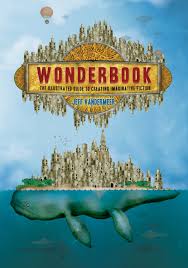 “Inherent in the idea of play being immature and frivolous is the idea that, just like business processes, all creative process should be efficient, timely, linear, organized and easily summarized. If it’s not clearly a means to an end, it must be a waste of time. In the worst creative writing books, this method is expressed in seven-point plot outlines and other easy shortcuts rather than exercises to help encourage the organic development of your own approach. This bind in codification sometimes reflects fear of the unpredictability of the imagination and the need to have a set of rules in place through which to understand the universe.” – Jeff Vandermeer (Wonderbook)
“Inherent in the idea of play being immature and frivolous is the idea that, just like business processes, all creative process should be efficient, timely, linear, organized and easily summarized. If it’s not clearly a means to an end, it must be a waste of time. In the worst creative writing books, this method is expressed in seven-point plot outlines and other easy shortcuts rather than exercises to help encourage the organic development of your own approach. This bind in codification sometimes reflects fear of the unpredictability of the imagination and the need to have a set of rules in place through which to understand the universe.” – Jeff Vandermeer (Wonderbook)
Is it possible we’ve foolishly replaced the word “play” with “work”? In our need to be professional writers, productive students, and serious business-savvy authors, have we forgotten the most fundamental part of creativity? Have we forgotten to play?
I began to wonder if this was why I’m not afraid of the work it takes to write a novel. For me, writing isn’t work. It’s fun. It’s a creative exploration into my characters, their world, the possible points of view the story could be written in, or the possible scenes that could exist. It’s about exploring how wide and deep and wonderful a story can be, rather than seeing it as a straight shot from beginning to end.
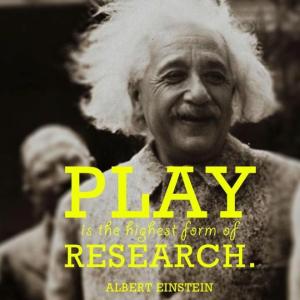 What if we’re thinking about the work of writing all wrong? What if we need to switch the words “work” and “play”?
What if we’re thinking about the work of writing all wrong? What if we need to switch the words “work” and “play”?
“It’s not time to work on this revision. It’s time to play with this revision.”
“I’m going to open my manuscript and not work, but play.”
Does changing one word change our attitude toward revision, exploration, and the time involved? If we think about rewriting a scene as a chance to play, does it free us from the pressures of efficiency and organization? Does it make room for the story to break open and explode with inspiration and creativity?
What if working on a novel is efficient, but not effective? What if taking the long route – taking the time to play – will result in a more joyful writing journey? What if it will result in a deeper and more complex creative pursuit? What if it will open us – and our novels – up to the unexpected and the profound? Isn’t that worth the “frivolity” of play? Isn’t that worth abandoning short cuts and organization?
What if playing is what make us stronger and more creative? What if playing is what actually makes us effective writers?
Only one way to find out. I’ll see you on the playground.


